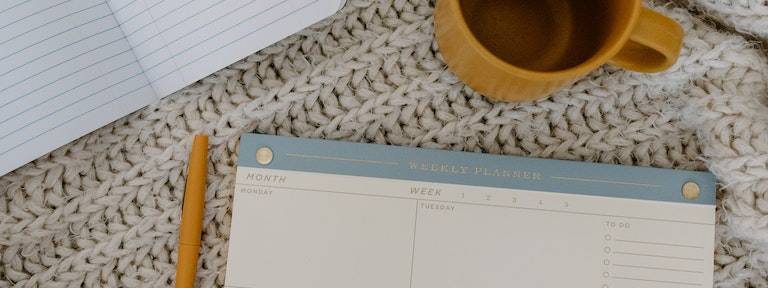
In today’s fast-paced world, stress and anxiety have become companions of our daily lives. The demands of modern life can sometimes feel overwhelming, but there are practical coping strategies and mindfulness exercises that can help you navigate these challenges with greater ease. Here are some techniques to consider:
1. Deep Breathing Exercises: When stress creeps in, pause and take a few deep breaths. Inhale slowly through your nose, counting to four, hold for a brief moment, and then exhale for a count of six. Deep breathing helps activate the body’s relaxation response, calming your nervous system.
2. Mindfulness Meditation: Practice mindfulness by focusing your attention on the present moment. Sit in a quiet space, close your eyes, and gently direct your awareness to your breath, bodily sensations, or sounds around you. When your mind wanders, gently bring your focus back. Consistent mindfulness can reduce anxiety over time.
3. Progressive Muscle Relaxation: Tense and then release each muscle group in your body, starting from your toes and working your way up to your head. This technique helps release physical tension and promotes a sense of relaxation.
4. Establish a Routine: Creating a daily routine can provide structure and stability in a chaotic world. Include time for work, relaxation, exercise, socializing, and sleep. Consistency can help reduce feelings of uncertainty.
5. Limit Information Overload: Constant exposure to news and social media can contribute to heightened stress and anxiety. Set limits on how much time you spend consuming information and choose reliable sources to stay informed.
6. Prioritize Self-Care: Allocate time for activities that bring you joy and relaxation, whether it’s reading, taking a bath, practicing a hobby, or spending time with loved ones. Self-care replenishes your energy and resilience.
7. Practice Gratitude: Start or end your day by acknowledging things you’re grateful for. Cultivating gratitude shifts your focus away from stressors and towards the positive aspects of your life.
8.Engage in Regular Exercise: Physical activity is a natural stress reducer. Whether it’s a brisk walk, a yoga class, or a workout, exercise releases endorphins that boost your mood.
9. Seek Professional Support: If stress and anxiety become overwhelming, consider seeking help from a mental health professional. A counselor or therapist can provide personalized strategies to manage and cope with your challenges.
10. Visualization Techniques: Imagine a calm and peaceful place, using your senses to fully immerse yourself in the experience. Visualization can help reduce anxiety by transporting your mind to a more soothing environment.
Remember, managing stress and anxiety is a journey, and it’s okay to ask for help along the way. By incorporating these coping strategies and mindfulness exercises into your daily routine, you’re taking proactive steps to nurture your mental well-being in a world that often feels relentless.
